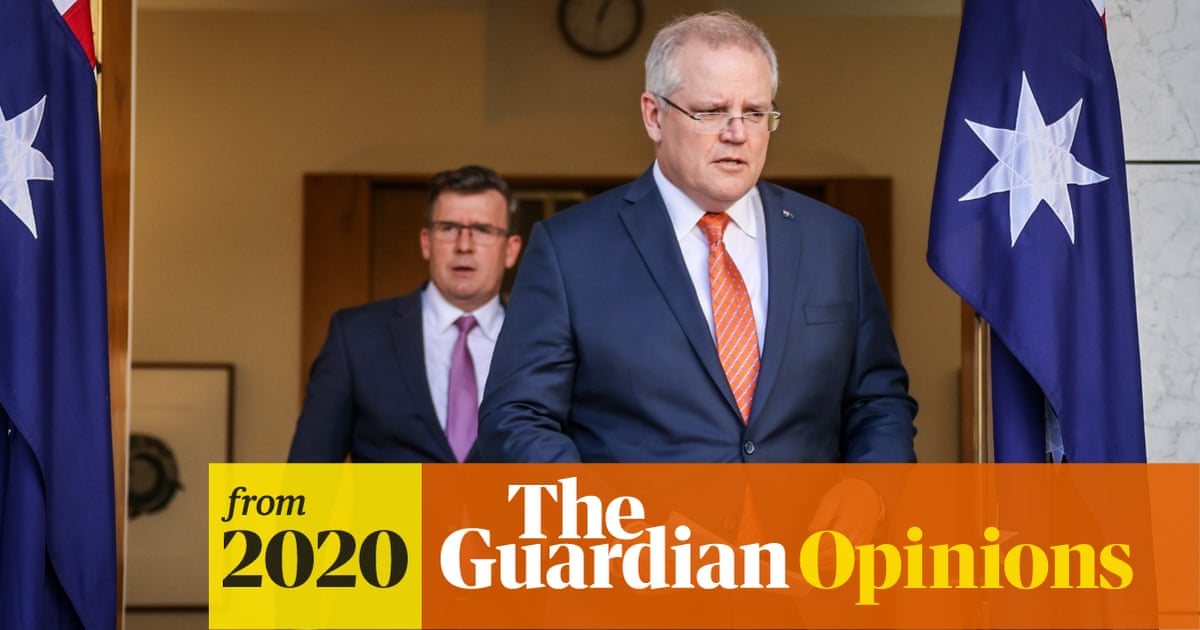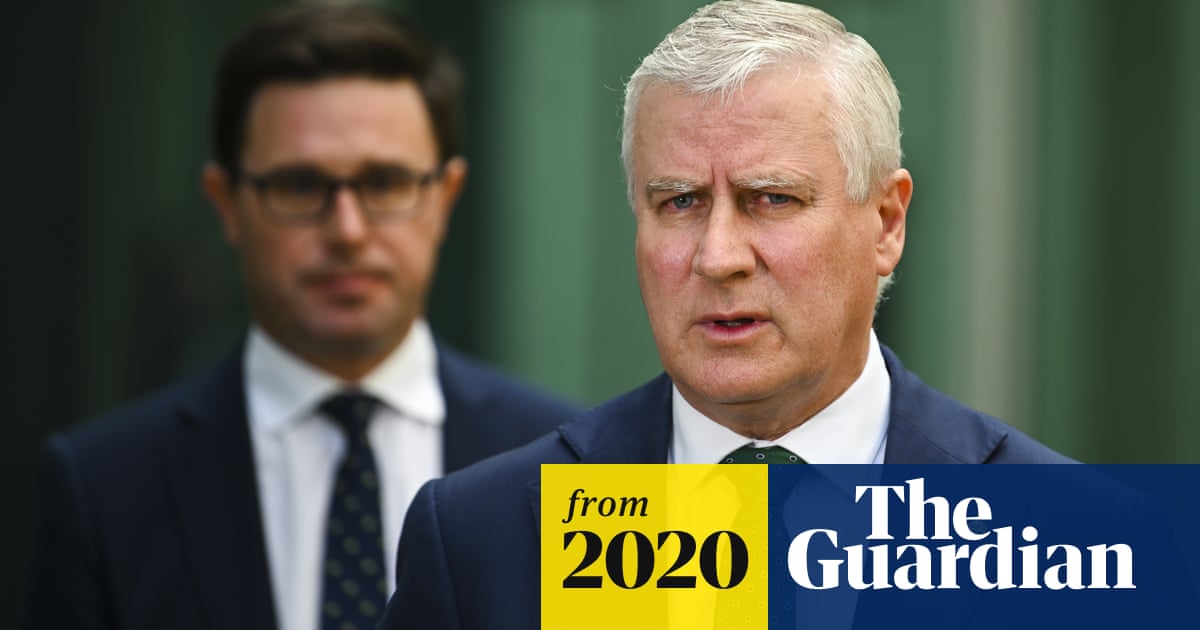Yes, less disincentive.
The thing is that if you vote for a candidate who is unlikely to win in a first past the post voting system your vote is effectively wasted.
Easiest to understand with an example.
Let's say you voted Green in an election with the following result:
Green: 50 votes
ALP: 10,500 votes
Libs: 10,510 votes
In a first past the post voting system the Libs win.
In a preferential voting system, no candidate won 50% + 1 votes (that would be 10,531 votes). So, the Green candidate drops out and their second preferences are distributed. If, for example, their second preferences went 40 to ALP and 10 to Lib (they never go 100% one way) then the ALP wins.
Preferential is better because in the first past the post example above most of the electorate did not want the Lib to win nor did they prefer the Lib to the ALP. In preferential more than half the electors either wanted the ALP to win or preferred the ALP over the Libs.
There is a perceived disincentive to vote for an independent or minor party candidate who is unlikely to win. But this is lessened if you know you also have a preference to allocate if your first choice candidate is knocked out.
DS



